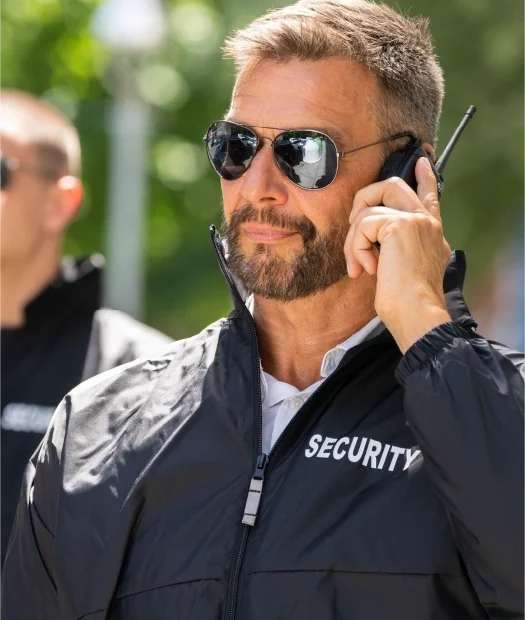Introduction
Security guards are the unsung heroes of safety and protection, working tirelessly to maintain order and security in various settings. From bustling commercial complexes to quiet residential neighborhoods, their presence ensures peace of mind for occupants and visitors alike. In this extensive guide, we delve into the intricate world of security guards, security officer job description template, exploring their diverse duties, critical responsibilities, and the indispensable role they play in safeguarding our communities.
The Crucial Role of Security Guards
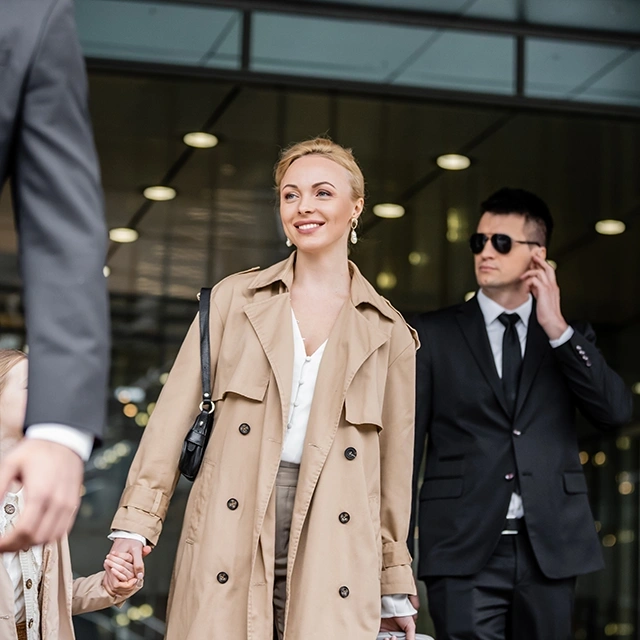
Security guards serve as the first line of defense against potential threats, employing their expertise and vigilance to prevent and address security breaches. The crucial role that security guards play in maintaining safety cannot be overstated. Their mere presence acts as a deterrent, discouraging criminal activity and promoting a safe environment for everyone. Security guards detect and prevent criminal behavior by monitoring surveillance cameras, conducting patrols, and maintaining a constant watchful eye on their surroundings.
Duties and Responsibilities in Detail
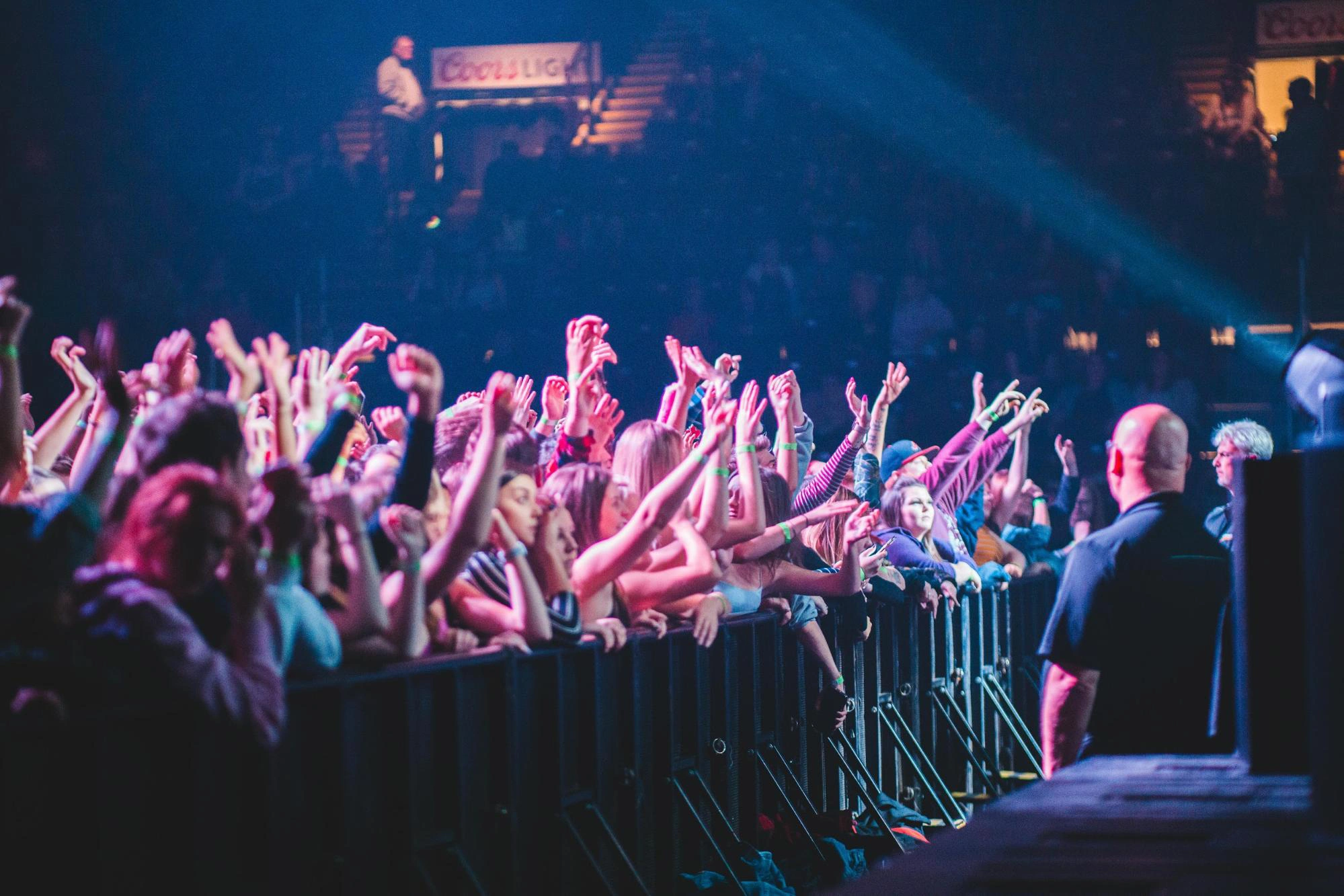
Monitoring Surveillance Equipment
Security guards are tasked with monitoring surveillance equipment, conducting regular patrols, and keeping a keen eye on all activities within their jurisdiction. By staying alert and attentive, they can detect any signs of unauthorized access, theft, or other security concerns and take appropriate action. This includes reviewing footage from CCTV cameras and coordinating with other security personnel to ensure comprehensive coverage of the area.
Access Control
Managing access points and enforcing entry protocols are essential responsibilities of security guards. They verify credentials, issue visitor passes, and ensure that only authorized individuals are granted entry, thus preventing unauthorized access to secure areas. This responsibility extends to checking identification, maintaining visitor logs, and sometimes using electronic access control systems to regulate entry.
Emergency Response
In times of crisis, security guards are the first responders, acting swiftly to address emergencies such as fires, medical incidents, or security breaches. Their training equips them with the necessary skills to handle stressful situations calmly and effectively, minimizing harm and maintaining order. This includes coordinating with emergency services, administering first aid, and executing evacuation procedures when necessary.
Report Writing
Detailed documentation of incidents and observations is a crucial aspect of a security guard’s duties. Accurate and thorough reporting enables authorities to investigate security breaches, identify patterns of behavior, and implement preventive measures. Security guards must be proficient in writing clear, concise, and factual reports that detail incidents, actions taken, and outcomes.
Customer Service
Beyond their security duties, security guards often serve as ambassadors for the organizations they represent, providing assistance and information to visitors. Their friendly and approachable demeanor enhances the overall experience for occupants and fosters a sense of trust and goodwill. This role includes giving directions, answering questions, and sometimes even providing a sense of security to individuals feeling anxious or lost.
Conflict Resolution
Dealing with conflicts and disputes is an inevitable part of a security guard’s job. Through effective communication and de-escalation techniques, they strive to resolve conflicts peacefully, maintaining harmony and order within their assigned area. This involves understanding the nature of conflicts, addressing the concerns of all parties involved, and finding a resolution that restores calm and order.
Training and Qualifications
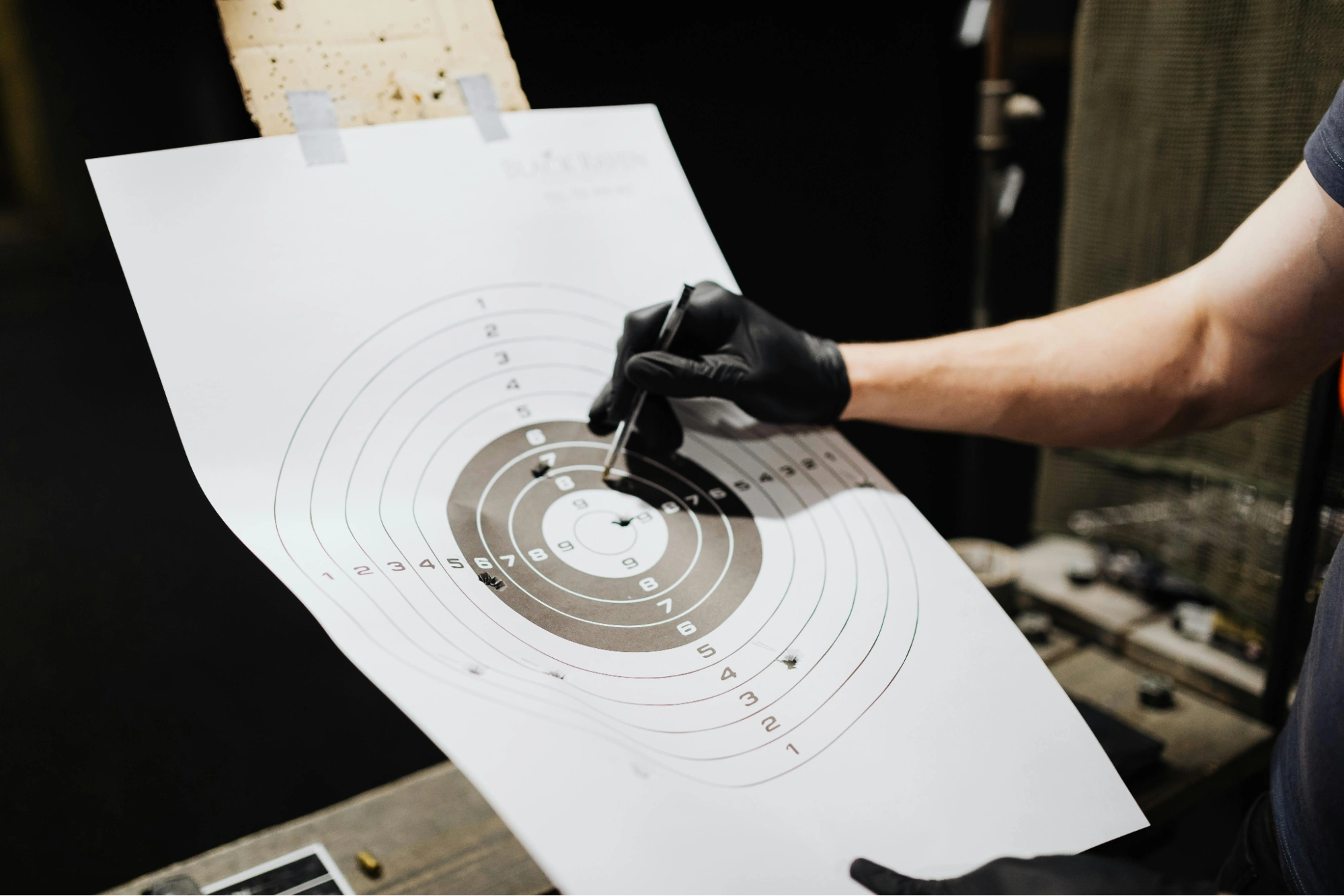
Basic Training
Security guards undergo rigorous training programs that cover a wide range of topics, including security procedures, emergency response protocols, and legal regulations. This foundational training equips them with the knowledge and skills necessary to perform their duties effectively and responsibly. Training often includes physical fitness, self-defense, and scenario-based exercises to prepare guards for real-world situations.
Licensing and Certifications
Many jurisdictions require security guards to obtain licenses or certifications demonstrating their competency and compliance with industry standards. These credentials serve as proof of their qualifications and ensure that they meet the requirements set forth by regulatory authorities. Obtaining and maintaining these certifications often involves passing exams and undergoing periodic refresher courses.
Ongoing Education
Continuous learning is essential for security guards to stay abreast of the latest security trends, technologies, and best practices. By investing in ongoing education and skills development, security guards can enhance their effectiveness and adaptability in an ever-evolving security landscape. This may include attending workshops, participating in online courses, and staying informed about new security technologies and methodologies.
Challenges Faced by Security Guards
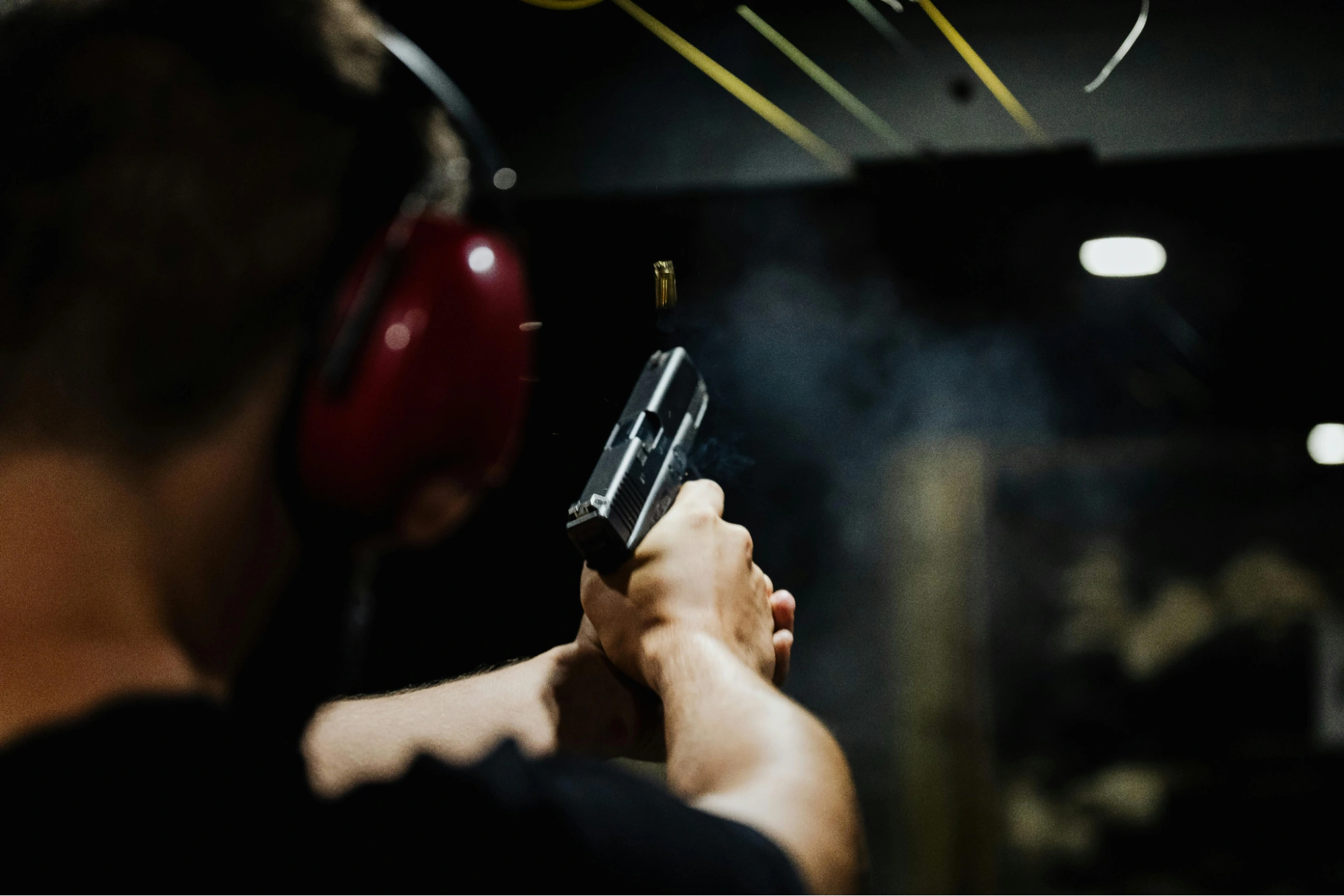
Risk of Violence
Security guards often find themselves in potentially volatile situations where they may encounter hostile individuals or face physical threats. Their ability to remain calm and composed under pressure is crucial for diffusing tense situations and ensuring the safety of all parties involved. This includes training in conflict de-escalation, self-defense, and situational awareness.
Long Hours and Shift Work
Irregular work hours and extended shifts are common challenges faced by security guards, leading to fatigue and burnout. Despite these demands, they remain committed to their duties, sacrificing personal comfort for the sake of public safety. Effective time management, self-care strategies, and adequate rest are essential to maintain their health and performance.
Balancing Responsibilities
Juggling multiple responsibilities, such as surveillance monitoring, access control, and customer service, requires strong organizational skills and time management abilities. Security guards must prioritize tasks effectively to ensure that all duties are performed efficiently and effectively. This balancing act requires a keen sense of judgment and the ability to adapt quickly to changing situations.
Importance of Professionalism
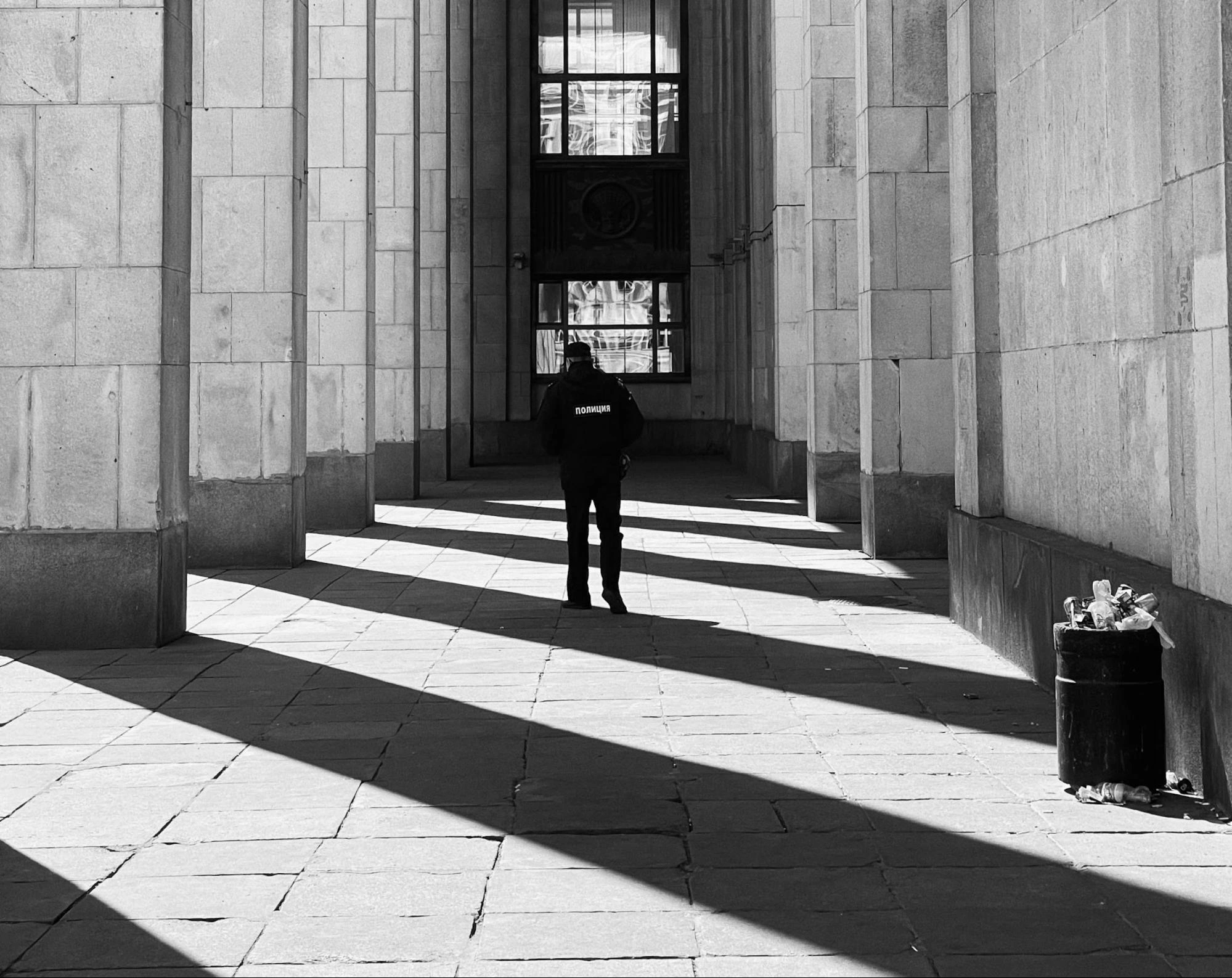
Integrity and Ethics
Upholding high ethical standards and maintaining integrity are fundamental principles of the security profession. Security guards must conduct themselves with honesty, fairness, and professionalism at all times, earning the trust and respect of those they serve. This includes adhering to legal standards, respecting privacy, and acting in the best interest of the public and their employer.
Communication Skills
Clear and effective communication is essential for security guards to convey instructions, respond to inquiries, and coordinate with colleagues. Whether interacting with visitors or collaborating with fellow security personnel, they must communicate confidently and courteously. Effective communication skills help in managing conflicts, providing clear instructions during emergencies, and fostering a cooperative environment.
Adaptability
Flexibility and adaptability are key traits that enable security guards to navigate diverse situations and environments effectively. From handling unexpected emergencies to embracing new technologies, they must be prepared to adapt to changing circumstances and emerging threats. This includes being open to new methods, learning from experiences, and continuously improving their skills.
Summary
Security guards are the unsung heroes who work tirelessly behind the scenes to ensure the safety and security of our communities. They offer security solutions provided by professional security guards to benefit businesses. Through their unwavering dedication, vigilance, and professionalism, they play a vital role in safeguarding people and property against potential threats. Security guards protect valuable assets by preventing unauthorized individuals from entering restricted areas. By understanding the multifaceted nature of their duties and embracing the principles of integrity, communication, and adaptability, security guards can continue to fulfill their responsibilities effectively and make a positive impact on the world around them.
Contact Los Angeles’ Premier Security Agency Today
Your security is our priority. At Big Guys Agency, we offer customized solutions to address your unique needs, whether it’s for business protection, event security, or personal safety.
Our professional team is ready to ensure your peace of mind. Don’t delay. Contact us now to safeguard your future. Visit Big Guys Agency to learn more.
FAQ: Understanding the Duties and Responsibilities of Security Guards
1. What are the primary duties and responsibilities of security guards?
The primary security guard duties and responsibilities of security guards include monitoring surveillance equipment, conducting regular patrols, managing access control, responding to emergencies, writing detailed incident reports, providing customer service, and resolving conflicts.
2. What does a security guard job description typically entail?
A professional security guard job description includes key duties such as patrolling property, monitoring access points, securing premises, detecting suspicious activities, and preventing other criminal behavior. Security guards also need to write reports, handle emergency situations, and communicate with relevant authorities.
3. How do security guards monitor surveillance equipment and systems?
Security guards monitor surveillance equipment, including surveillance cameras and surveillance systems, by keeping a constant watch on live feeds, reviewing recorded footage, and ensuring all equipment functions correctly. This helps in detecting suspicious behavior and preventing security breaches.
4. What is involved in the access control duties of a security officer?
Security officers are responsible for monitoring access points, verifying credentials, issuing visitor passes, and ensuring only authorized individuals enter secure areas. They maintain visitor logs and sometimes use electronic access control systems to manage entry.
5. What training do security guards receive for emergency situations?
Security guards are trained to handle emergency situations, including fires, medical incidents, and security breaches. Their training includes emergency response protocols, first aid, and self-defense techniques, enabling them to act swiftly and effectively during crises.
6. Why is report writing important for security guards?
Detailed report writing is crucial for security guards as it helps document incidents, actions taken, and outcomes. These reports are essential for investigations, identifying patterns of criminal behavior, and implementing security solutions to prevent future breaches.
7. What role do security guards play in providing customer service?
Security guards often act as ambassadors for the organizations they protect, providing assistance and information to visitors. Their excellent communication skills and approachable demeanor help enhance the overall experience for occupants and build trust.
8. What qualifications are typically required for security officers?
Qualified candidates for security officer positions usually have a high school diploma and undergo rigorous training in security procedures, surveillance systems trained, and legal guidelines. Many also obtain licenses or certifications, which involve passing exams and undergoing periodic refresher courses.
9. What are some common challenges faced by security personnel?
Security personnel face challenges such as the risk of violence, long hours, shift work, and balancing multiple responsibilities. They must manage fatigue, remain calm under pressure, and prioritize tasks effectively to maintain their performance.
10. Why is professionalism important for security guards?
Professional security guards uphold high ethical standards, integrity, and excellent communication skills. Their professionalism ensures they act fairly, respect legal guidelines, and adapt to changing security needs and situations, thus providing effective security solutions and protecting valuable assets.
